H.E. Ms. Lina Annab, Ambassador Extraordinary and Plenipotentiary of the Hashemite Kingdom of Jordan to Japan contributed an article to EDU-Port Japan Website. We hope the article provides you with an opportunity to think about the characteristics and challenges of education in Jordan and the possibilities for educational cooperation with Japan.
Education breeds confidence.
Confidence breeds hope.
Hope breeds peace.
(Confucius – 551–479 BCE)
Education is undeniably one of the most critical pillars in shaping a country’s future. It provides the foundation for economic growth, social development, and cultural enrichment. Moreover, education is not only a tool for national development but also an effective instrument for diplomacy, particularly people-to-people diplomacy. Through educational exchanges and collaborations, countries can build bridges of understanding, respect, and cooperation.
Jordan, a country rich in history and culture, has made significant strides in its educational system over the past few decades. The Kingdom has prioritized education as a key component of its development strategy, leading to substantial improvements in literacy rates and educational attainment. The strategy emphasizes the importance of education in fostering innovative and knowledge-based economy with focus on STEM (Science, Technology, Engineering, and Mathematics) education and digital literacy.
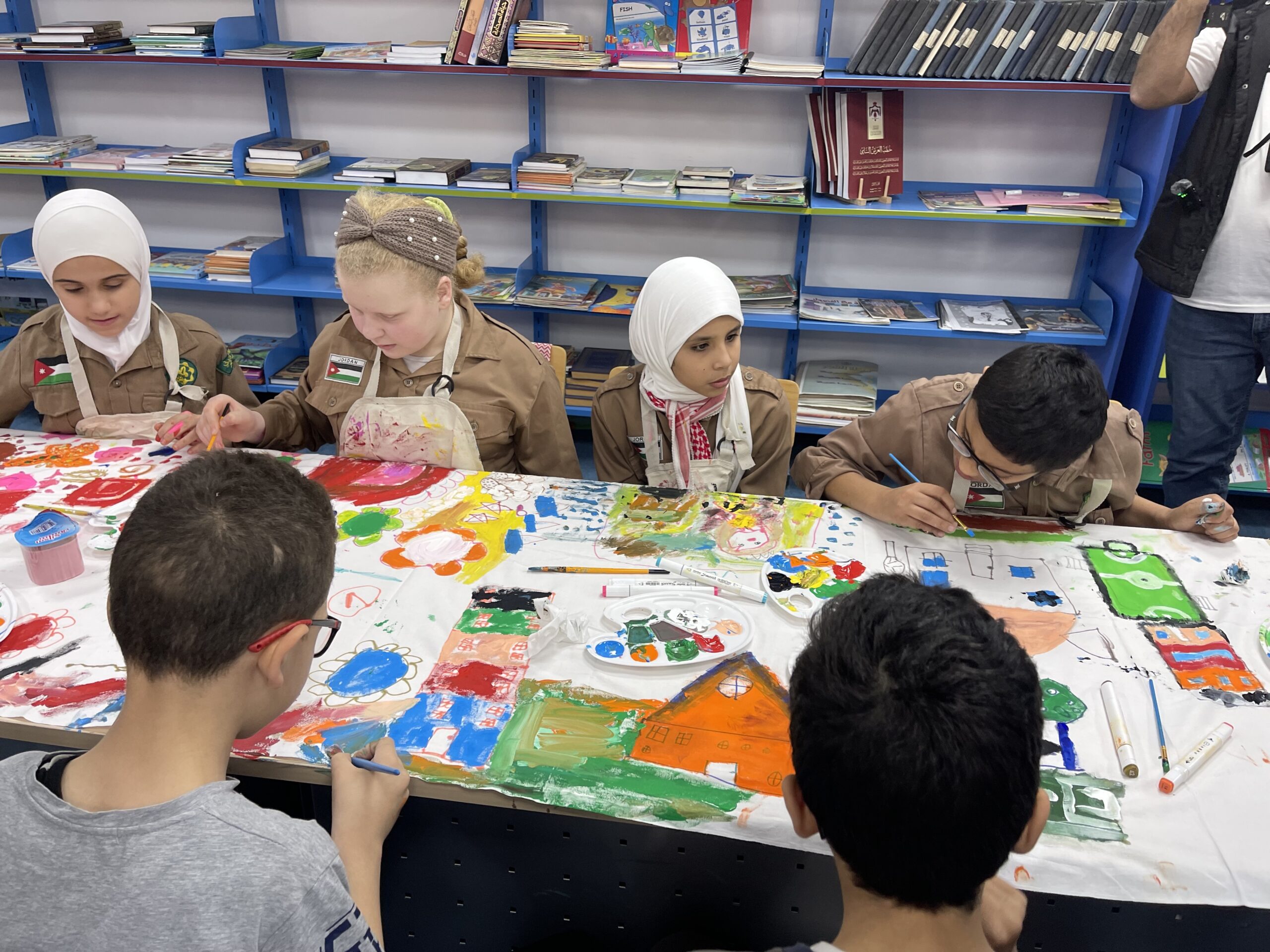
Amman – Jordan
Comparison of the Jordanian and Japanese education systems
The following provides an overview of the educational situation in Jordan, highlights comparisons with the Japanese education system, and explores potential areas for joint cooperation.
Jordanian education system
The Jordanian education system is structured into several stages (see diagram):
- Pre-primary education, which includes kindergarten for children aged 4-5 years, is not compulsory but is increasingly popular.
- Basic education spans grades 1-10 and is compulsory and free in public schools. It is divided into two cycles: Cycle 1 (grades 1-3) focuses on foundational skills in literacy, numeracy, and basic sciences, while Cycle 2 (grades 4-10) expands on these foundations, introducing subjects such as social studies, physical education, and arts.
- After completing basic education, students enter secondary education, which lasts for two years (grades 11-12). This stage is divided into academic and vocational tracks, preparing students for higher education or the labor market.
- Jordan’s higher education sector includes numerous public and private universities offering undergraduate, graduate, and postgraduate programs.
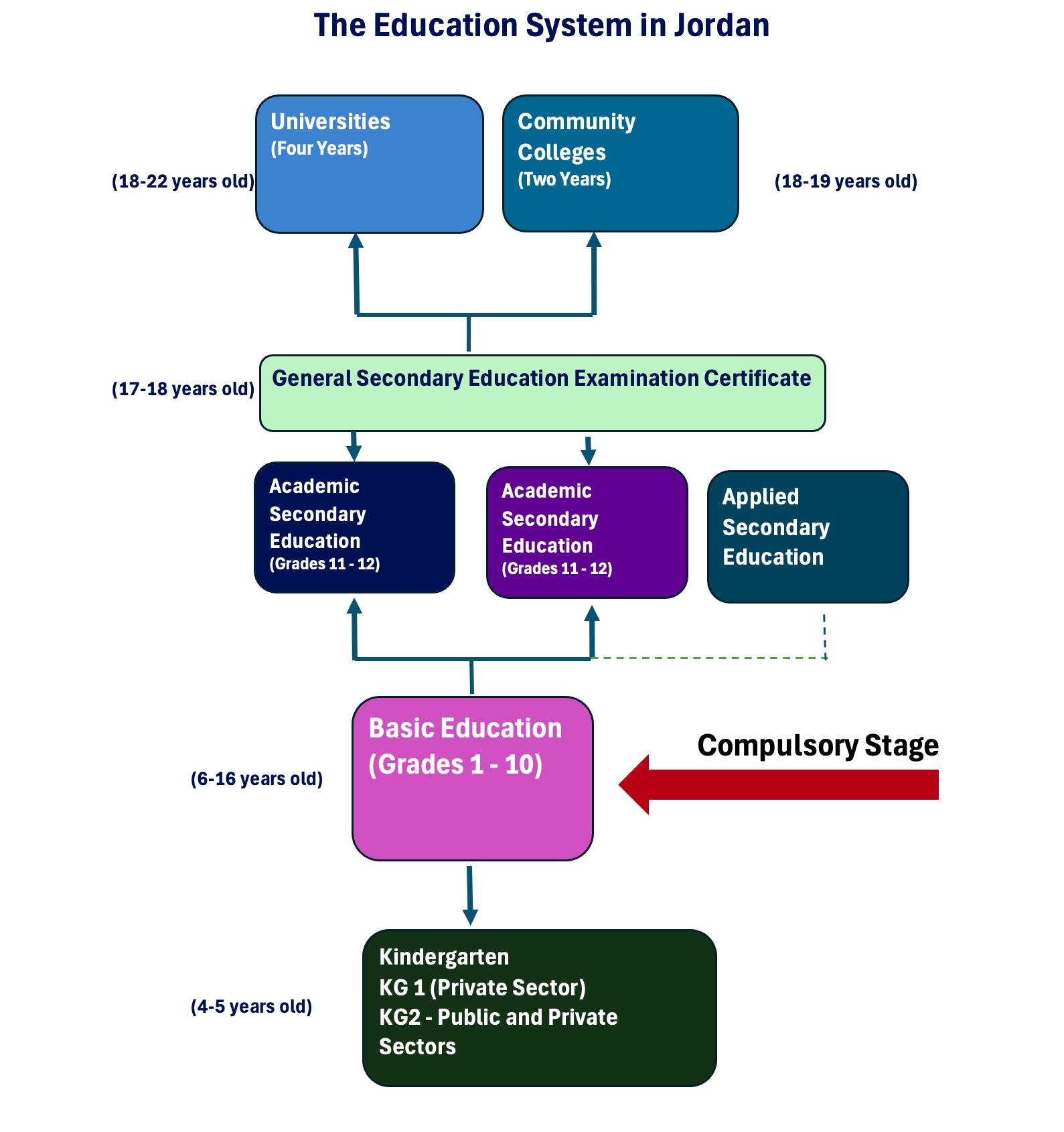
Jordan has achieved several milestones in education, including high literacy rates, which are among the highest in the Middle East, and near-universal primary school enrollment. The country has made significant progress in closing the gender gap, with girls and boys having nearly equal access to all levels of education. Jordanian students have also performed well in international assessments such as the Trends in International Mathematics and Science Study (TIMSS).
Despite these achievements, Jordan faces several challenges in its education system. The influx of Syrian refugees has placed considerable strain on the educational system, leading to overcrowded classrooms and stretched resources. There are also significant disparities in the quality of education between urban and rural areas, as well as between public and private schools. Furthermore, there is a mismatch between the skills taught in schools and the needs of the labor market, leading to high unemployment rates among graduates.
Comparing the education systems of Jordan and Japan
Comparing the Jordanian education system with that of Japan reveals several interesting insights. In Japan, pre-primary education is longer, lasting for three years and focusing on play-based learning and socialization, whereas Jordan’s pre-primary education lasts for two years and focuses on basic literacy and numeracy. Both countries have compulsory basic education, but Jordan’s lasts until the end of grade 10, while Japan’s includes six years of primary and three years of junior high school. Japan’s secondary education includes general, technical, and specialized courses, reflecting its advanced technological and scientific sectors.
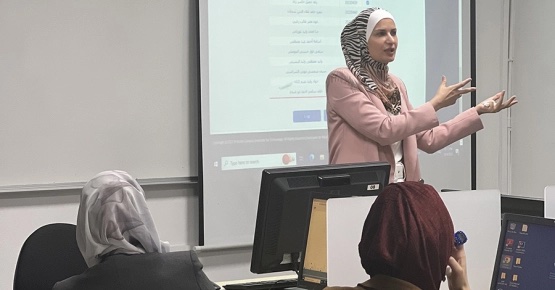
Several Japanese educational practices could be beneficial if implemented in Jordan. Tokkatsu, or special activities, is a unique feature of the Japanese education system that encompasses various non-academic activities designed to develop students’ soft and social skills, teamwork, and emotional intelligence. Activities such as class meetings, school events, and club activities are essential for fostering a sense of community and belonging among students. Implementing Tokkatsu in Jordan could enhance interpersonal skills and foster a more well-rounded early education.
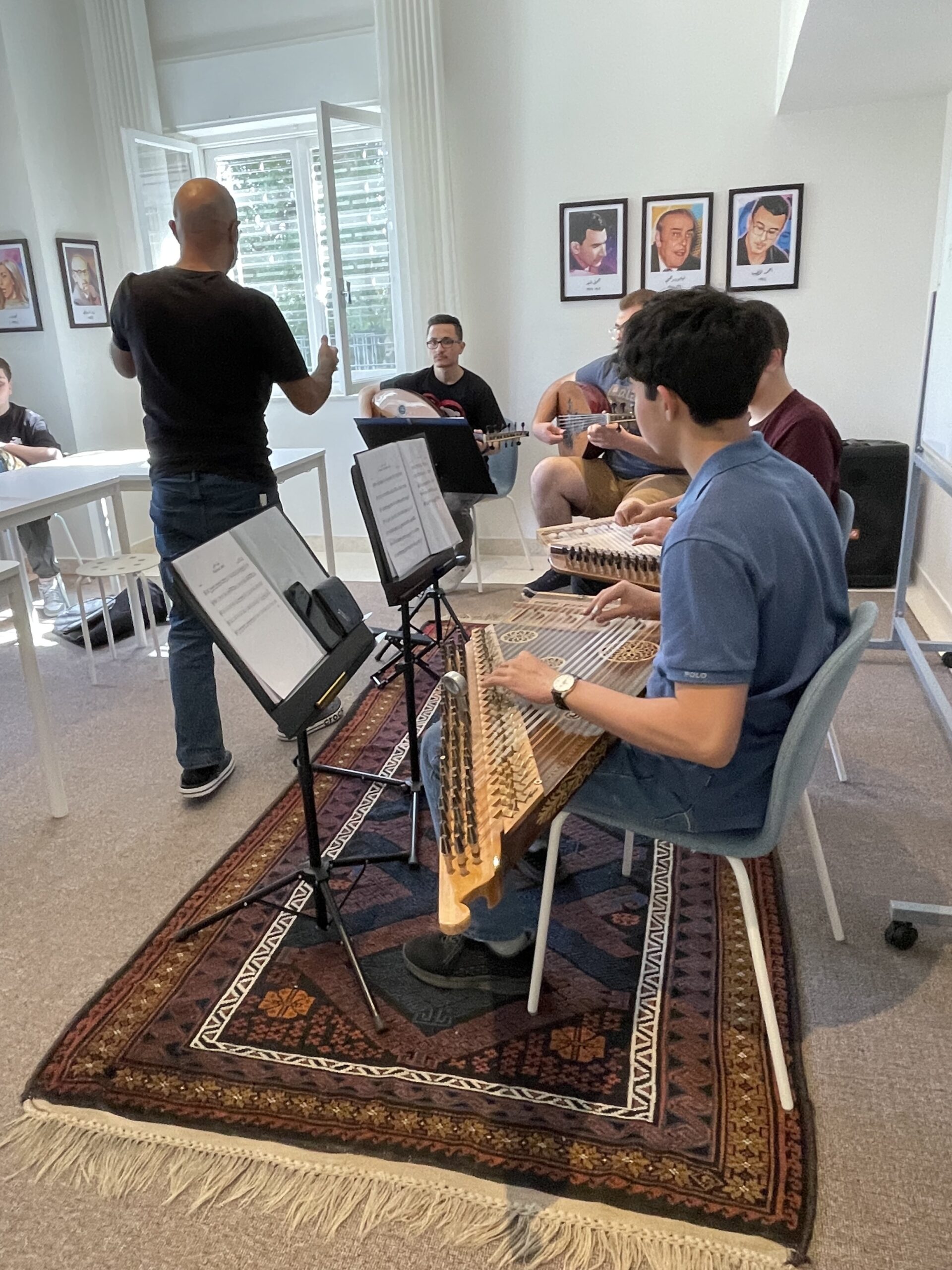
Teacher training programs present an excellent opportunity for collaboration between our two countries. Exchange training programs can provide Jordanian educators with insights into incorporating holistic education practices like Tokkatsu and instrumental music education, while Japanese educators can learn from Jordan’s experience with inclusive education and managing diverse classrooms.
Curriculum development is another area ripe for collaboration. By working together, both Jordan and Japan can develop curricula that align with contemporary global standards. Japan’s experience in integrating technology and vocational training into the curriculum can guide Jordan in updating its educational materials and methods.
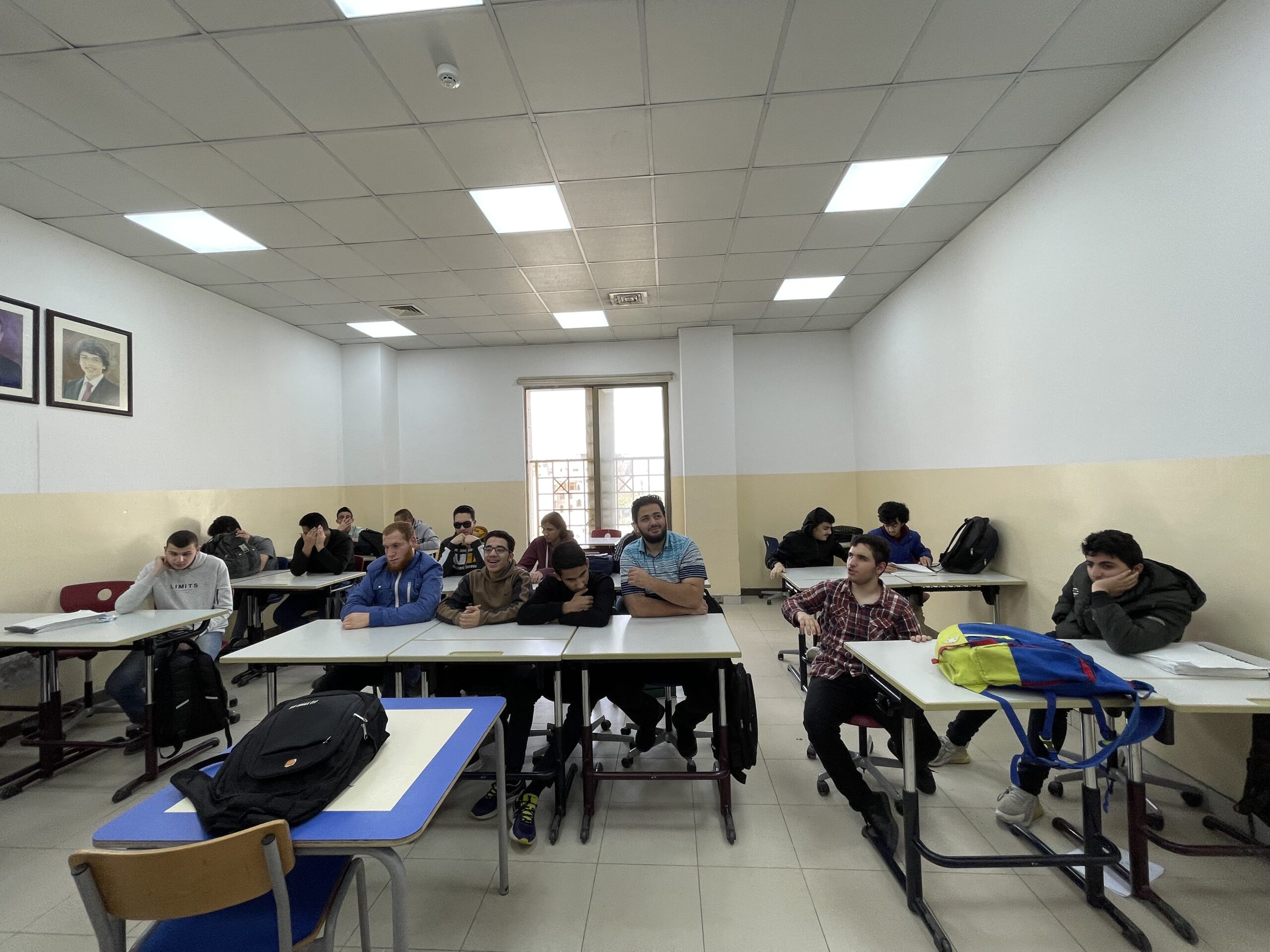
Amman – Jordan
Both Jordan and Japan stand to gain immensely from bilateral cooperation in education, leveraging each other’s strengths to address their respective challenges. Through mutual learning, exchange programs, and collaborative initiatives, Jordan and Japan can continue to evolve their educational systems, preparing their students to thrive in a rapidly changing world.
Biography: Lina Annab
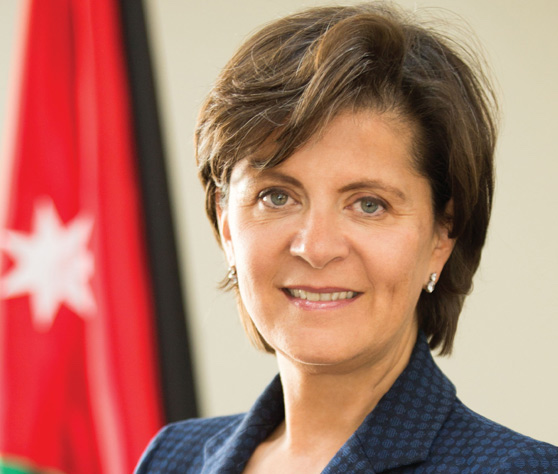 Lina Annab is the Ambassador of the Hashemite Kingdom of Jordan to Japan since June 2019.
Lina Annab is the Ambassador of the Hashemite Kingdom of Jordan to Japan since June 2019.Annab is a former Minister of Tourism and Antiquities of the Hashemite Kingdom of Jordan (June 2016 – November 2018).
Over the past 25 years, Annab worked at Citibank, Johnson & Johnson, and the International Monetary Fund. Throughout her career Annab worked in the USA, Europe, and the MENA Region.
Annab holds Master of Arts degree in International Affairs from Georgetown University in Washington D.C.







